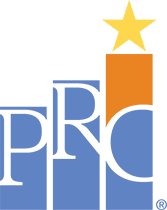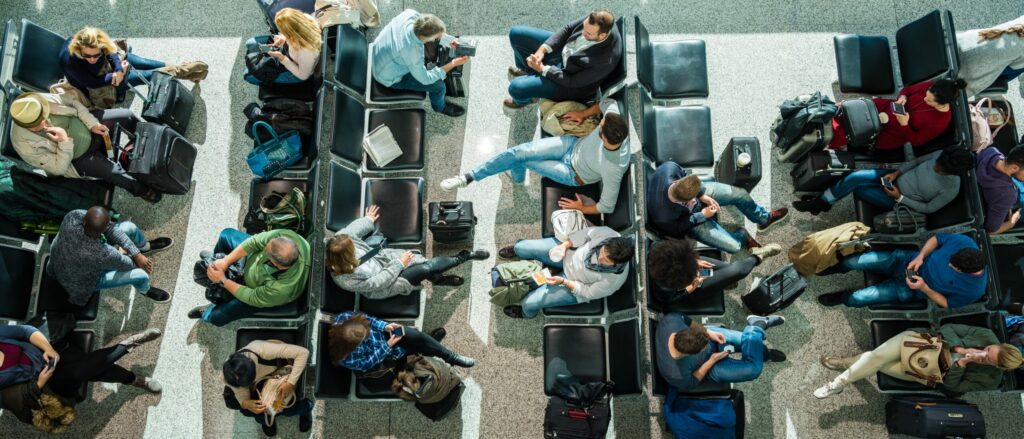By: Cynthia A. King, PhD, Director of Client Organizational Development
Most of us have been there at least once in our lives. You head out, traveling for work or vacation, and suddenly an unexpected situation delays you. Whether it’s due to weather, a mechanical problem, a cancelled flight, backed up traffic—the end result is the same in that suddenly your plans have come to a halt.
As I traveled to ASHHRA this past week, I had a flight cancelled and was told I would have to reroute to another city. I’m sure you already have it pictured, passengers are suddenly frustrated and form a 100+ person line at the customer service desk to await their turn to see what their next few hours will look like. Most are calm, understanding that it can’t be helped, some are clearly annoyed, but most everyone is on edge because let’s face it, no one likes to be disrupted from what they were expecting or to be stranded.
Standing in this long line I observed another traveler shouting. She did not work for the airline but was telling all those standing in line to use the airline app to rebook their flight. Before the birth of the smart phone, people were destined to stand in long lines and wait it out after a flight change or cancellation. Clearly, many still do today—me included. But this woman did not work for the airline, she was a passenger trying to help other passengers expedite their own travel as she just did. I got my smart phone out right away and got started with the app to change my flight. After I rebooked, I thought to myself, airlines should be more innovative and have someone on staff trained to help passengers in a different capacity. Technology is everywhere around us these days. Why not, as service providers, encourage the use of alternate ways to handle customer service?
Once I got to ASHHRA, I found a similar story in Aneesh Chopra’s opening keynote. He mentioned a well-known photography company that was creative enough to discover digital photography but wasn’t innovative in its implementation. In hindsight, there was a missed opportunity to capitalize on this great idea.
In business, companies have employees that sometimes have great ideas. Innovation—thinking outside the box—should be encouraged, especially when it comes to voicing their thoughts and ideas. Turning back to my airline experience this week, the airline had an app and employees should know how to use it and recommend it to their passengers. How helpful would that have been to have an airline attendant walk through the line to tell people to download it and show them how to use it? Imagine the impression it could have left on everyone that was affected by the flight cancellation, and how this could have been used as an opportunity for service recovery.
Within PRC’s Employee Engagement solution, we address employee’s willingness to invest their thoughts and ideas into the organization. This shows us how loyal and committed employees are, but it also shows us how willing they are to go the extra step. Professional Research Consultants helps healthcare organizations monitor and enhance employee engagement. Our research provides organizational, supervisory, and team level reports with custom data and reporting tools that help C-suite executives lead change. This process helps leaders create a culture where employees are willing to share ideas that can help to improve overall performance, that will lead to improved patient care and more consistency across the organization. PRC’s services include Employee Engagement Studies, Employee Exit Interview Studies, Patient Safety Studies (AHRQ) and Nursing Quality Assessment Studies.


